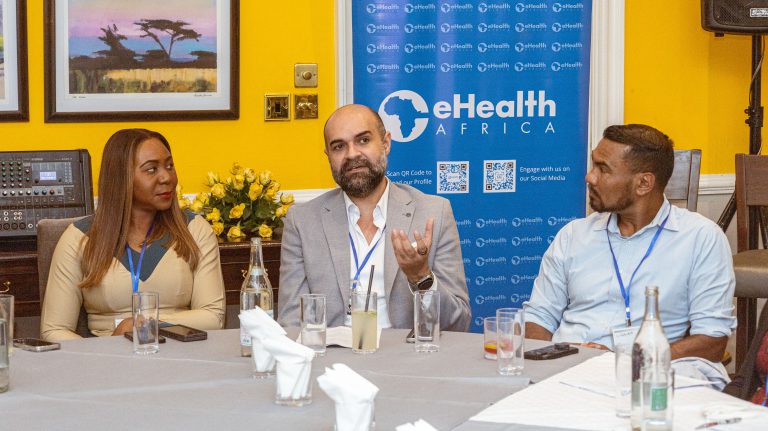Health and development leaders from the public and private sectors have advocated for digital innovations to strengthen Nigeria’s adolescent health ecosystem. The event focused on integrating primary healthcare, Sexual and Reproductive Health and Rights (SRHR), education, and economic empowerment to create sustainable systems for young Nigerians.
The advocates are concerned about the need to shape a robust health ecosystem for Nigerian adolescents, calling for continuous engagement of public health leaders, private-sector innovators, and advocates. They believe that the future of adolescent health in Nigeria holds transformative potential.
The cocktail dialogue, co-hosted by eHealth Africa and Brands on a Mission (BOAM), brought together stakeholders to discuss innovative approaches for empowering adolescents, who make up 70 per cent of Nigeria’s population under 35. Speakers emphasized the urgent need for collaborative action to meet the needs of this critical demographic.
Driving change through private-sector engagement
Professor Myriam Sidibe, Founder of Brands on a Mission, opened the discussions with a compelling call to action. “Adolescents are at the heart of Nigeria’s future,” she stated. “Mobilizing resources and innovative solutions to meet their needs today will lay the groundwork for a healthier, more empowered generation.”
Her sentiments were echoed by Atef Fawaz, Executive Director of eHealth Africa, who highlighted the pressing challenges faced by adolescent girls. “With 43% of girls married before 18 and many becoming mothers during their teenage years, they face significant health risks. Prioritizing their health is essential to ensuring a brighter future for themselves and the nation,” he said.
Bridging gaps with digital health solutions
Dr. Karen Austrian, Director of the GIRL Center at Population Council, addressed the disparities in access to healthcare and education among adolescents, particularly across socio-economic lines. “Nigeria has led the way in addressing these challenges with analogue systems. If we ask critical questions about how to do this in the digital space, we can find scalable solutions,” she explained.
Digital health was a recurring theme throughout the discussions. Dr. Josephine Ojiambo, former UN Ambassador, highlighted its potential to bridge gaps in healthcare delivery. “Digital health represents the future, offering the transformative potential for adolescent healthcare,” she remarked.
Njide Ndili, Country Director of PharmAccess, stressed the importance of involving young people in designing digital health systems. “Few initiatives truly allow young people to co-design digital-first health systems. By enfranchising African youth as Digital Health Citizens, we can ensure they adopt solutions tailored to their needs,” she said.
Speakers from organizations like Tiko and Reach Digital Health shared success stories of leveraging technology to address adolescent health challenges. Serah Malaba, Chief Impact Officer at Tiko, and Catherine Siebherhagen, Director of Implementation at Reach Digital Health, described their efforts to create digital platforms that connect adolescents with essential services and resources.


